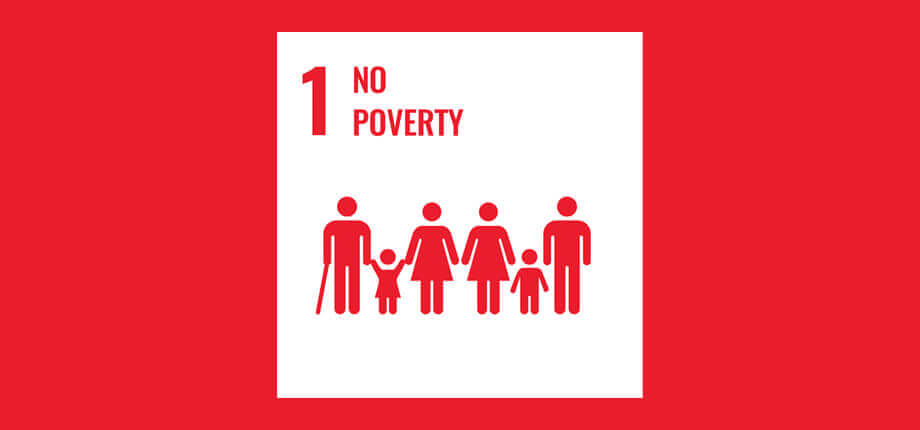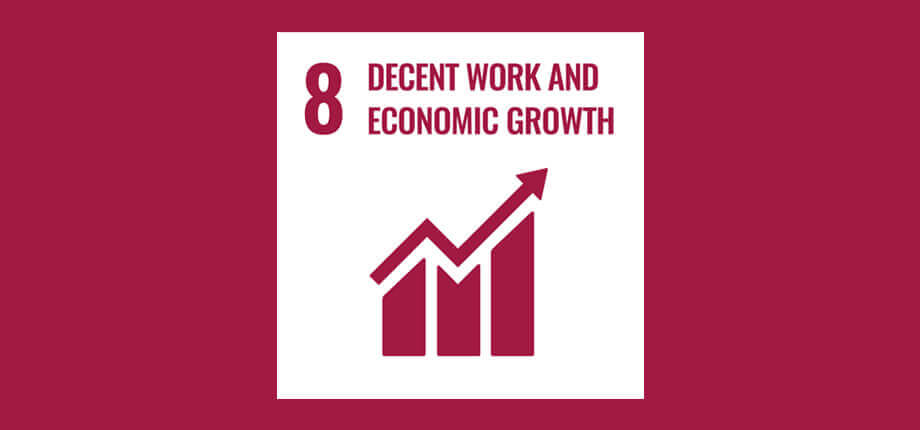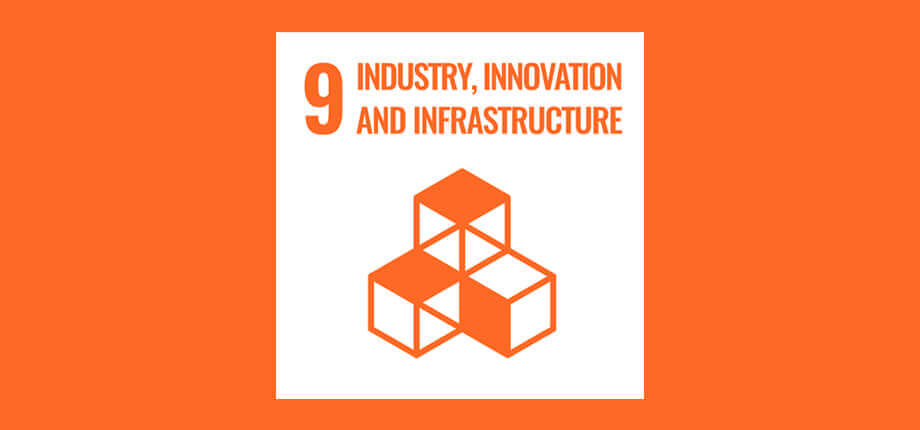Improving financial health
Experian is the largest credit bureau in the world and an expert in data and analytics. We help people make the most of their data to improve their financial health and transform their lives.
Financial health can transform people’s lives. Our products, people and partnerships are already helping millions of people improve their financial health, enabling them to get fairer access to credit and the essentials they need to transform their lives.



Increasing access to financial services
Improving financial literacy and confidence
Helping people manage their financial lives
Preventing fraud and identity theft
Many of our core products contribute to improving people’s financial health — either directly through our consumer services business or indirectly through solutions for clients, such as for lenders.
Developing products to provide additional societal benefits as a priority.
Investing in community support, including our flagship United for Financial Health financial education programme.
consumers with free membership to our platforms for free education and access to products
people have profiles in Experian’s credit bureaux
in fraud was prevented by our core products this year

Millions of Americans cannot access affordable credit because their credit profiles are too thin for lenders to make an informed decision about whether they will repay a loan. Experian Boost, launched in 2019, gives consumers the option to add positive data – such as on-time payments from utility bills or streaming services – to their Experian profiles to instantly improve their credit score. We have now taken it a big step further by enabling tenants to add their rent too. Online rental payments made to select property management companies or platforms are now eligible for Boost. Hundreds of thousands of consumers have already added rent tradelines to their credit file, increasing their FICO® Score by an average of 13 points.

People with some form of vulnerability, including disability or mental health challenges, can face barriers in using products and services. This can be detrimental to their financial health, even leading to financial loss, as a result of missing payments or mismanagement of accounts. Our Support Hub is helping vulnerable consumers share their support needs with multiple organisations in a transparent, standardised and consented way – all in a matter of minutes so that they can get on with their lives. Developed with consumers, companies, charities and vulnerability experts, the solution is free and easy to use, and follows best practice guidelines for accessibility.
connections made through our United for Financial Health programme this year
connections since 2020
targeted by 2024

For over 30 years, UK social enterprise The Big Issue has empowered people hit by poverty and homelessness to earn a living by selling its magazine. For around 2,000 vendors – who may face rough sleeping, housing issues, physical and mental health problems, challenges with substance misuse or have limited employment skills – selling the magazine is a lifeline that provides badly needed income and experience. We partnered with The Big Issue to develop an eight-module training toolkit – available in English and Romanian – to help its magazine vendors get to grips with the basics of managing money and using digital technology. Over 23% of vendors have already engaged with the toolkit.
Data is at the heart of our business. Treating data — and those it belongs to — responsibly is fundamental to our business.
We’ve created a high-performing and inclusive culture that puts people first.
Our global code of conduct ensures that we maintain robust and effective processes to monitor and mitigate risk.
We’re committed to helping tackle climate change and reducing our impact on the environment.
Using social innovation to improve financial health
Our teams across Experian can apply for seed funding to develop products designed to meet a specific societal need, as well as generate new revenue streams for our business.
Helping people thrive through our social innovation products:
people reached since 2013
people targeted by 2025